Society of Scholars
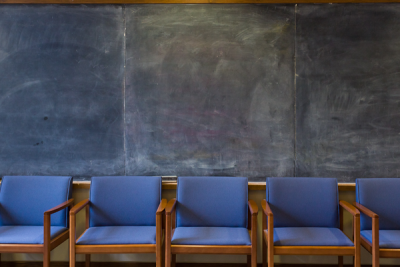
The Society of Scholars is an intellectual community of humanists of diverse generations, academic ranks, and departmental affiliations who contribute to and learn from one another’s work. Each year, approximately eight faculty and three dissertation research fellowships support members of the Society of Scholars. Scholars in year-long residence at the University of Washington may be invited to participate as well. The group meets biweekly throughout the year to discuss their research in progress.
Apply for the Fellowship (Faculty)
2025 - 2026 Society of Scholars
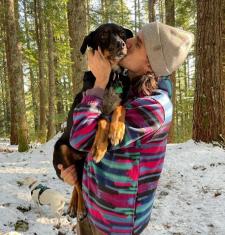
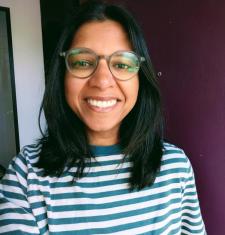
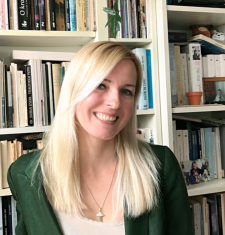
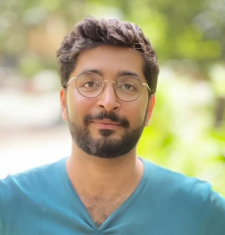
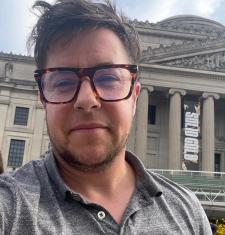
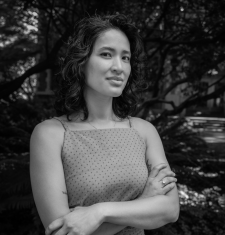
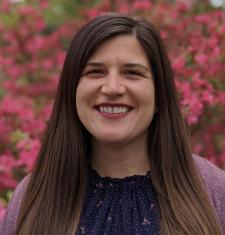
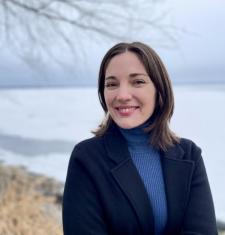
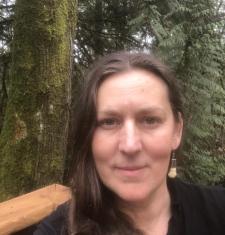
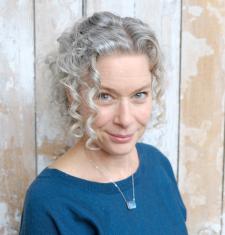
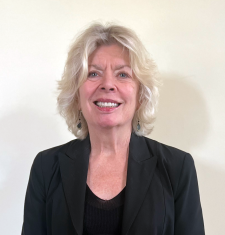
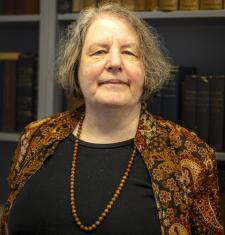
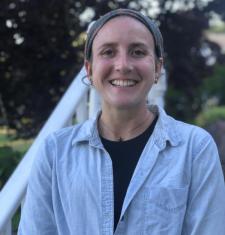
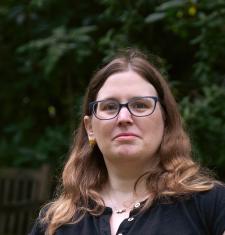
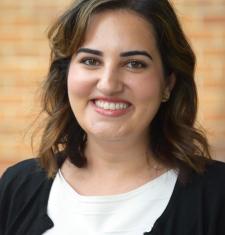
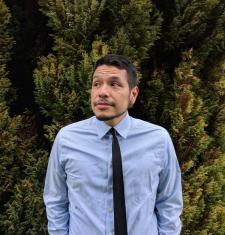
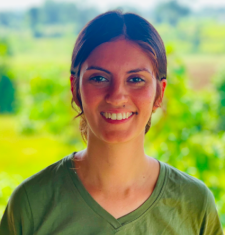
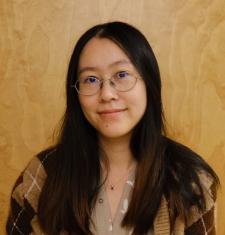
2017 - 2018 Society of Scholars Fellow
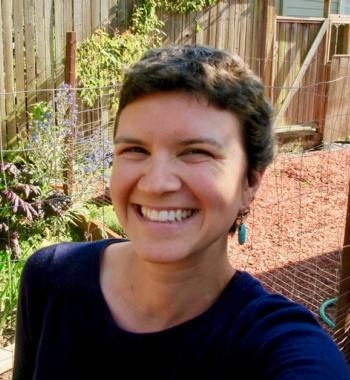
Shannon Cram (she/her/hers)
Unmaking the Bomb: Nuclear Cleanup and the Politics of Impossibility
Unmaking the Bomb explores the complex politics of remediation at Washington State’s Hanford Nuclear Reservation. Home to more than two-thirds of the nation’s high-level nuclear waste and the largest environmental cleanup in human history, Hanford is tasked with managing toxic materials that will long outlast the United States and its regulatory policies. This book uses a critical ethnographic approach to examine the embodied uncertainties and structural impossibilities integral to that effort.